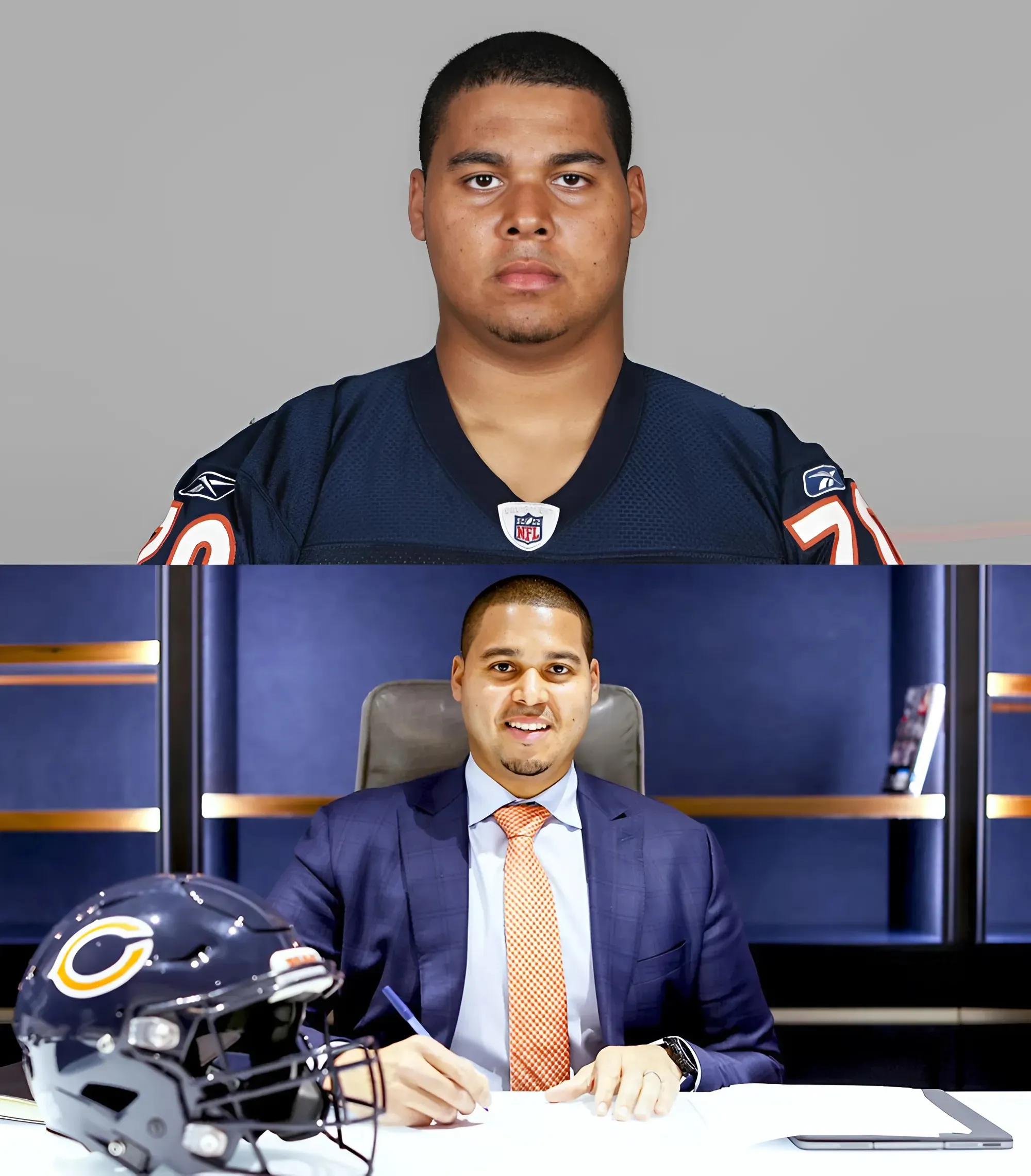It was first reported on Super Bowl Sunday that quarterback Aaron Rodgers will not return to the team in 2025 under new head coach Aaron Glenn.

Multiple reports say that Rodgers was brought to One Jets Drive to meet with Glenn and new general manager Darren Mougey. Reportedly Rodgers, 41, was told that if he wants to remain with the Jets, he must attend all offseason team activities and he’s no longer allowed to appear on the Pat McAfee Show.
The reaction from fans and Jets players has been mixed. Rodgers, to his credit, has been a good solider during his two years with the team. But, it’s also a necessary evil to move on from a quarterback of his stature to close yet another disappointing chapter in Jets history.
Here are four reasons why Aaron Rodgers not returning is the right move for the New York Jets:
Clean Slate

Glenn has a method to his madness and this move shows that this is his team and things will be done his way. He doesn’t want distractions and doesn’t want to constantly answer questions about his quarterback should Rodgers take a planned vacation during offseason activities or make a comment on McAfee’s show that doesn’t fit the vision of the team.
Make no mistake, Rodgers gives the Jets the best chance to win in 2025, but next season is more about establishing a new culture and a new identity that has been missing from this organization for far too long. As the late Patrick Swayze’s character said in the movie Road House; “It’s my way or the highway!”
Less Pressure on an inexperienced Offensive Coordinator

Glenn brought in Lions passing game coordinator Tanner Engstrand to be his offensive coordinator. Engstrand does not have much experience as an OC outside of a stint with the DC Defenders of the UFL in 2020.
The decision not to bring back Rodgers takes a ton of pressure off Engstrand as he can run his offense the way he sees fit, gets to develop his own quarterback rather than alter his schemes around Rodgers and won’t have to worry about being undermined or overruled during games when it comes to certain play calls.
Garrett Wilson

We’ll never know how much truth there was to the rumor that Wilson would request a trade if Rodgers returned to the Jets in 2025. GW denied the report when asked about it towards the end of last season, but he was clearly unhappy with his target share after Davante Adams arrived in a midseason trade and immediately became AR’s favorite receiver.
With Rodgers not returning, it’s more than likely that Adams won’t return as well, which puts Wilson back as WR1 for next season. The Jets will want to get Wilson locked up to a new contract that could make him the highest paid receiver in the league and it’ll be a lot easier to do that with Rodgers and Adams out of the picture. It’s a win-win for Wilson and the Jets.
It Helps With the Cap

Rodgers took less money than expected on his initial Jets contract signed before the 2023 season, but it was always doubtful he would take a pay cut to stay in New York. The Jets will have a dead cap hit of $49 million by releasing Rodgers, but can spread the money out over two seasons if they designate him a post-June 1 cut. The cap hit in 2025 would be $14 million and would be $35 million in 2026. They can also elect to take the full $49 million hit in 2025, but it would severely limit them in free agency.
However, with Rodgers gone, the Jets would most likely release Adams, which would save them $30 million against the cap as well as an additional $6.5 million if they release Allen Lazard. It’s more likely the Jets will spread out the Rodgers dead cap hit over two seasons. With additional cuts to be made besides Rodgers, Adams and Lazard, it should put the Jets in good position when free agency begins on March 10.



